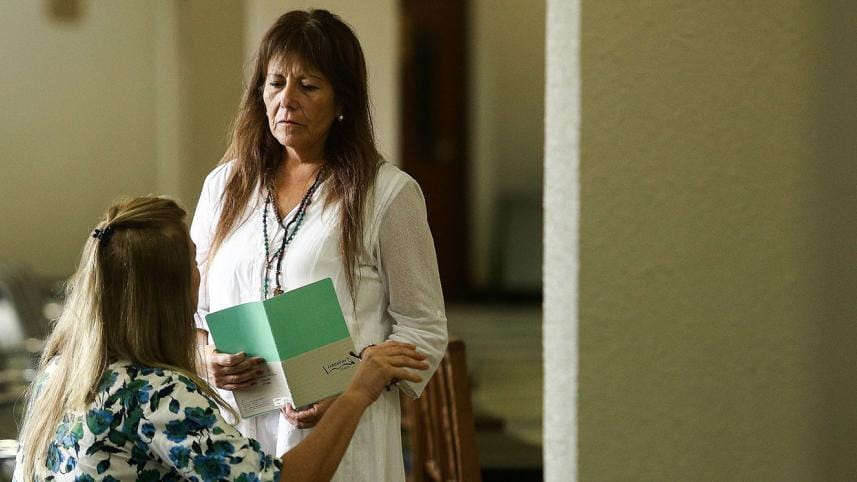Malaysia to abolish death penalty

Malaysia's cabinet has agreed to abolish the death penalty, a senior minister said Thursday, with more than 1,200 people on death row set to win a reprieve following a groundswell of opposition to capital punishment.
Capital punishment is currently mandatory for murder, kidnapping, possession of firearms and drug trafficking, among other crimes, and is carried out by hanging -- a legacy of British colonial rule.
Communications and multimedia minister Gobind Singh Deo confirmed the cabinet had resolved to end the death penalty.
"I hope the law will be amended soon," he told AFP.
The government decided to scrap capital punishment because the Malaysian public had shown they were against the death penalty, Gobind said.
Government minister Liew Vui Keong said earlier Thursday there would be a moratorium on executions for inmates currently on death row, according to local media.
"Since we are abolishing the sentence, all executions should not be carried out," the Star newspaper quoted him as saying.
Liew said the amended law would be put before parliament next Monday.
The moratorium on the death penalty would save, among others, two women accused of assassinating the estranged half-brother of North Korean leader Kim Jong Il last year.
A Malaysian court last year ruled the case could proceed against Indonesian national Siti Aisyah and Doan Thi Huong of Vietnam after Kim Jong Nam's murder at Kuala Lumpur Airport.
Australian citizen Maria Elvira Pinto Exposto, who was found guilty of drug smuggling by an appeals court in May, will also win a reprieve.
The 54-year-old grandmother was arrested in December 2014 after she was found in possession of 1.1 kilograms (2.4 pounds) of crystal methamphetamine while passing through Kuala Lumpur on a flight from Shanghai to Melbourne.
'Barbarous, cruel'
In April last year, human rights group Amnesty International ranked Malaysia 10th in the use of death penalty among the 23 countries that carried out capital punishment in 2016.
Between 2007 and 2017, 35 individuals were hanged, the New Straits Times newspaper said.
A total of 1,267 prisoners are on death row, making up 2.7 percent of the 60,000-strong prison population.
The decision was welcomed by rights advocates, who said there was never any proof that mandatory death sentences deterred offenders from violent or drug-related crimes.
"The death penalty is barbarous, and unimaginably cruel," N Surendran, an advisor with the Lawyers for Liberty rights group, said in a statement.
Once capital punishment is scrapped, Malaysia will have the moral authority to fight for the lives of Malaysians facing death sentences abroad, he added.
Neighbouring Singapore, also a former British colony, maintains the death penalty for certain crimes such as murder and drug trafficking.
Only 23 countries retain the death penalty, with China believed to be the "world's top executioner", according to Amnesty International in its report last month on capital punishment in 2017.
There were 993 executions recorded in 2017 in 23 countries, but Amnesty's numbers do not include the "thousands" it says are believed to have been executed in China, which classifies this information as a state secret.
Excluding China, Amnesty says Iran, Saudi Arabia, Iraq and Pakistan -- in that order -- carried out 84 percent of all executions in 2017.



 For all latest news, follow The Daily Star's Google News channel.
For all latest news, follow The Daily Star's Google News channel.
Comments